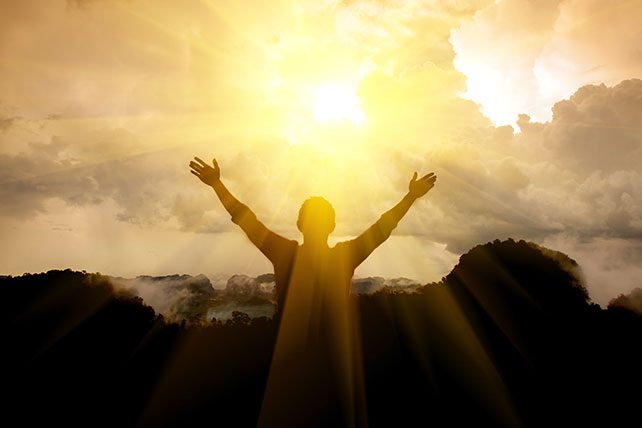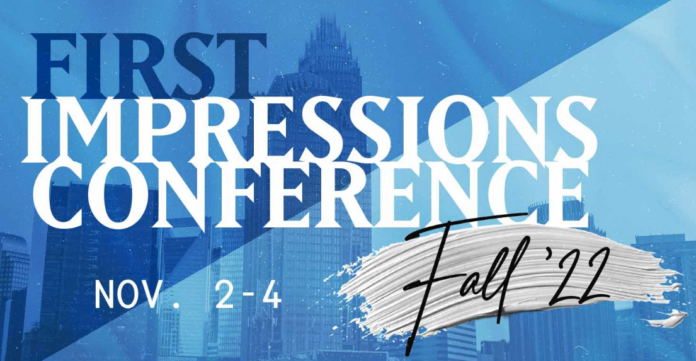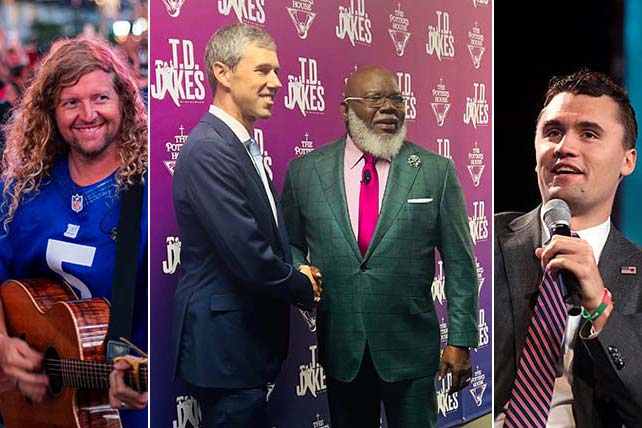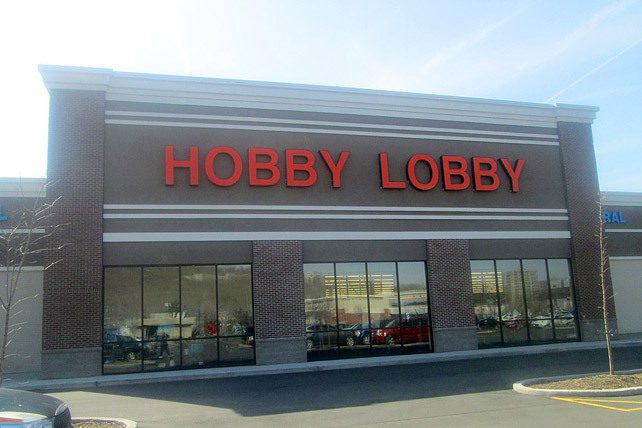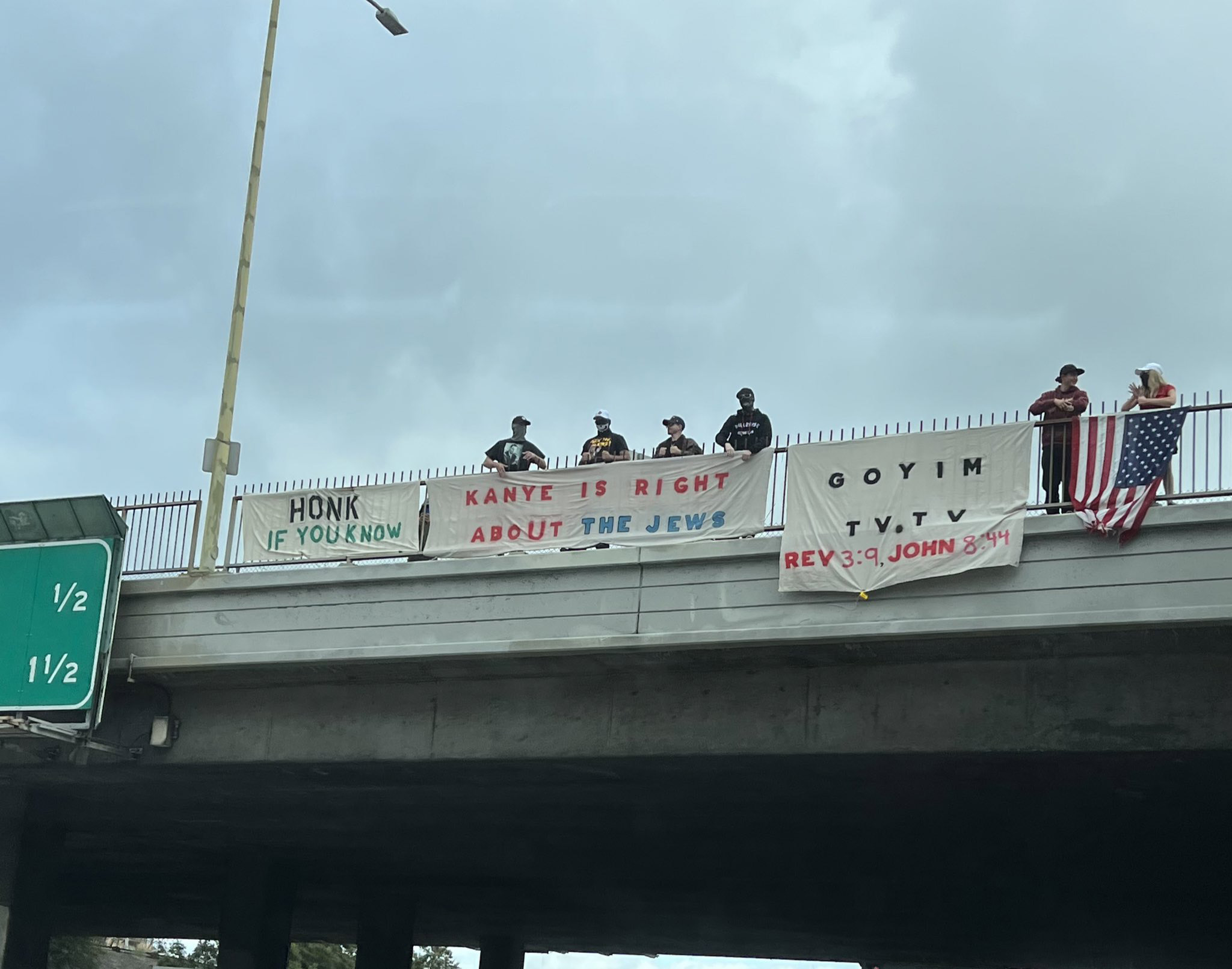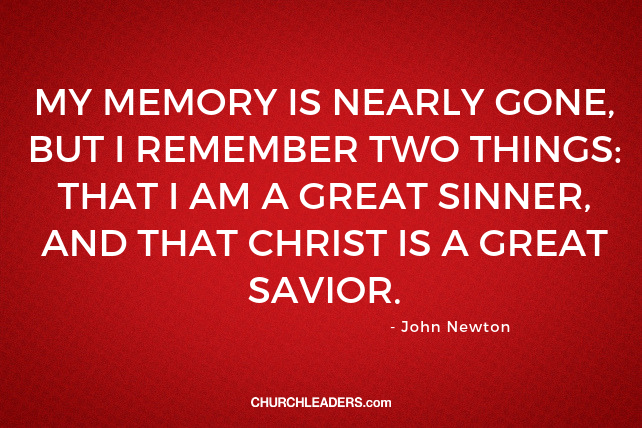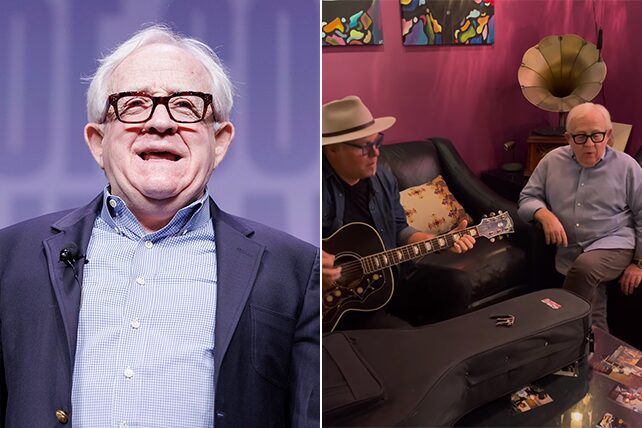Will Rogers once famously said, “You never get a second chance to make a first impression.”
And if you’ve ever walked through the doors of a church where no one greeted you, no one made you feel welcome, no one showed any interest in you at all, you understand how true those words can be.
Because that unwelcoming church may have inspiring worship, thriving outreach, and energetic, powerful preaching – but if you didn’t feel like you really connected, chances are you didn’t go back for a second impression.
Sadly, for too many people, the cost of feeling unwelcome is much higher than simply making the effort to try a different church the following Sunday. They might give up trying church at all.
When our goal as Christians is to see lives transformed by the Gospel as they begin or pursue a relationship with Christ, that’s heartbreaking. The truth is people simply want to feel loved and accepted — especially at church.
And helping them feel that way isn’t a burden, it’s a privilege. More than that, it’s our calling as believers. Romans 15:7 (ESV) tells us, “Therefore welcome one another as Christ has welcomed you, for the glory of God.”
Welcoming people into a body of believers is a calling for every Christ-follower, whether you’re the volunteer director, the parking lot coordinator, or the pastor. As both a hospitality expert and founder of First Impressions Conference, I say in my book, The Hospitality Ministry Volunteer Handbook:
“While hospitality may sometimes be perceived as a unique gifting for some people, Scripture is clear that loving strangers is a biblical mandate to anyone who follows Jesus. Throughout the Old and New Testaments, God specifically commands His people to practice hospitality.
When we welcome the least of these and treat them as valued guests, we welcome Christ Himself. And like so much of 1 John shows us, when we love others, we show our love for God.”
Worrying about whether your church is making visitors feel welcome doesn’t have to keep you up at night, however. There are clear, easy-to-use strategies that church and business leaders have been using for decades that can help you make everyone feel like a “valued guest” in your church.
That’s why I have gathered more than 30 industry experts in business and church ministry to teach those welcoming strategies at the 2022 First Impressions Conference.
Free, Online First Impressions Conference
This free, online conference will be held Nov. 2-4 and features speakers including Bob Goff, NYT Best Selling Author, Love Does Inc.; Jeff Henderson, Founder of The FOR Company; Dr. Derwin Gray, Co-Founder, Lead Elder Pastor of Transformation Church; Brian Tome, Lead Pastor, Crossroads Church; Nona Jones, Author, Entrepreneur, Pastor, Tech Executive of Nona Jones Ministries; and so many others.
The focus of the First Impressions Conference is to help church leaders understand how to create welcoming environments for members and guests every time the church doors are open. Attendees will walk away with tips and strategies on how to connect with people and make them want to keep coming back.
And because the conference is free and online, leadership teams, hospitality groups, and lay leaders can all benefit from the years of experience that the conference’s powerhouse roster of seasoned pastors, ministry consultants, authors, and other industry experts bring to the stage. The principles and systems taught through both keynotes and breakout sessions can be applied to churches of all sizes.
A conference such as this is timely, and the strategies being taught are critical – especially in today’s increasingly secular environment when church membership is in a steep decline.
According to a recent Gallup poll, church membership among U.S. adults has dipped below 50% for the first time. What was 73% in 1940 dropped below 47% in 2020. And as further indication that America is likely entering a post-Christian era, the percentage of Gen Z that identifies as atheist is now double that of the U.S. adult population. (Source)
Encouragingly, however, church attendance is returning to – and in some cases surpassing – pre-pandemic levels among some populations. A 2022 Barna report showed that, “Since 2019, the percentage of Millennials reporting weekly church attendance has increased from 21 percent to 39 percent. Among Gen X, attendance has increased 8 percentage points (24% to 32%).”
The bottom line is that God is still at work in the United States. But churches can increase their reach and depth of impact simply by making visitors feel the love of God from the moment they walk in the door.
Nelson Searcey, pastor, author, strategist, and founder of Church Leader Insights, stated,
“When your guests return for a second look, you’ve won 80 percent of the battle of gaining new regular attendees and have drastically increased the chances that they will begin a journey with Christ.”
It’s clear that first impressions matter. And being intentional about connecting with the people in your congregation, whether they’ve been at your church for five minutes or five decades, shows them what Christian love looks like. And that can start a journey that will change their lives for eternity.
It’s been widely accepted that Walt Disney once said,
“Whatever you do, do it well. Do it so well that when people see you do it, they will want to come back and see you do it again, and they will want to bring others and show them how well you do what you do.”
That’s excellent advice for theme parks. It’s even better advice for the church – especially because it reflects Paul’s instructions to the church in Corinth: “So whether you eat or drink or whatever you do, do it all for the glory of God.” (1 Corinthians 10:31, NIV)
That’s the goal of the First Impressions Conference. To equip church and lay leaders with the insight and tools to welcome and love people – for the glory of God and with such excellence – that they return for a second visit… then a third… then enough times to assimilate into the body of believers.
Attendees will not only hear from speakers like Bob Goff and Jeff Henderson, they’ll also learn tried-and-true strategies from pastors including Dave Gibbons of New Song Church, Myron Pierce of Mission Church, and Terry Smith of The Life Christian Church.
And they’ll get invaluable wisdom from industry experts like Larry Brey, Associate Pastor at Elevation Church and creator of the VIP Experience approach for guests and Mark Waltz, Founder of Because People Matter, LLC and author of First Impressions.
That’s why pastors like Rob McEwan of Traders Point Christian Church are so excited about the First Impressions Conference. He shares…
“The First Impressions Conference is a great opportunity to hear from some amazing speakers on a variety of topics. There are sessions for people across the organization to gain relevant and timely information to help them shape and execute their mission. After the conference you will feel encouraged about the importance of what you do and challenged to improve and innovate on how you do it.”
Will Rogers was right – you never get a second chance to make a first impression. But when you know how to connect with people and make them feel welcome from the minute they walk through the doors of your church, one is all you need.
If you’re interested in discovering how to create welcoming environments for members and guests every time your church doors are open, register now for the First Impressions Conference, Nov. 2-4. Registration is free, and the conference is online – perfect for groups or individuals.


